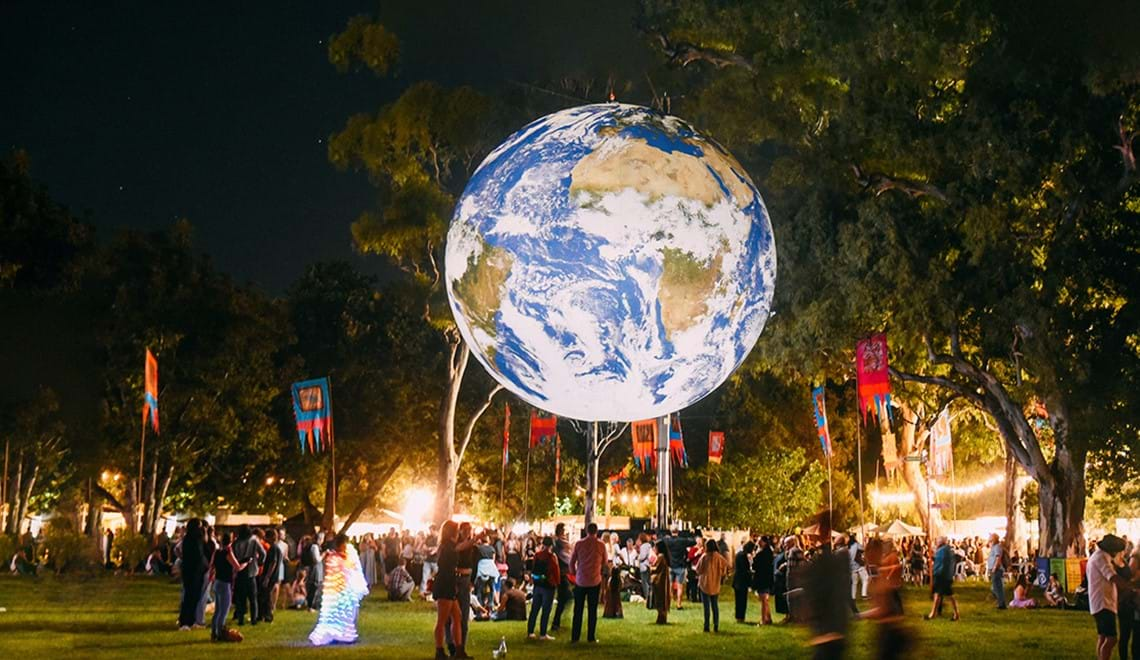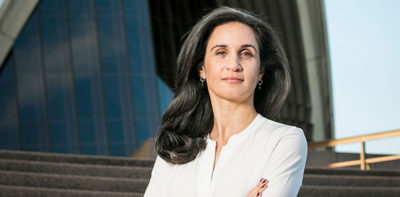Keeping our cultural vibrancy alive through festivals
Adelaide has long been lauded as the Festival State thanks to a year round offering of events that span music, food, sport, wine, culture, history and art. Tourists flock to our border for some of the countries most revered events including WOMADelaide, Adelaide Festival, Adelaide Fringe Festival, Tasting Australia, and Tarnanthi Festival to name just a few.
But with major music festival cancellations for Groovin’ the Moo, Splendour in the Grass and Falls Festival, as well as the pause of Dark Mofo in Tasmania due to low ticket sales and complex weather – what does the future of festivals in the state look like? And what does our cultural landscape look like without them?
Just seven days from the release of first round tickets, Splendour in the Grass, one of Australia’s oldest and largest music festivals, was cancelled by organisers due to “unexpected events”.
At the time NSW Greens music spokesperson, Cate Faehrmann, said, “Over the last few years the live music industry in NSW has been dealt blow after blow.”
“The fact that one of Australia’s biggest music festivals is unable to sustain itself any longer should be a massive warning to the NSW government that without urgent intervention, live music as we know and love it will never recover.”
Managing director of the Australian Festival Association, Mitch Wilson also chimed in saying that the cancellation was a blow to the industry.
“The Australian music festival industry is currently facing a crisis, and the flow-on effects will be felt across the local communities, suppliers and contractors that sustain our festivals and rely on them to support their livelihoods,” he said.
“We need government at the table to help us through this period and assist in stabilising our industry to sustainable levels. This needs a national approach.”
Justyna Jochym is the Chief Executive of Festival City Adelaide – the industry body for South Australia’s major arts and cultural festivals, in charge of “ensuring that we’re nationally and internationally recognised for delivering the world’s best festival experience.”
For Justyna the reason this moniker is important to our state identity comes down to how and why we build community.
“Festivals are about community and I think the fact that we have such a unique concentration of the festivals and events that we do have in the state is really emblematic of the strength of our communities and the ways in which that we want to use festivals for community building and community connection,” says Jochym.
Outside of the oft-touted commercial gain from hosting festivals, Justyna argues that, while more difficult to measure, the cultural impact is just as important to preserve.
“The impact or the role that festivals and events, particularly perhaps not-for-profit or arts or community ones have taken on, is also in the space of education and ensuring that people have access to different types of experiences. There is a social wellbeing impact that we know was there and we’ve all experienced it, but again, haven’t had much success in capturing in a really longitudinal and systematic manner,” says Jochym.
“There’s also another impact around how we attract and retain talent to the state and the role that festivals and events play in shaping the identity or informing the identity and pride of the state.”
An article in The Conversation outlined the key challenges being faced by the festival industry, pointing to:
- Cost of living
- Higher overheads such as rocketing public liability insurance costs exacerbated by the pandemic and climate change
- Slower sales due to oversaturation in the market and a fundamental shift in Australian cultural consumption habits
- Change in youth behaviours due to the pandemic and fuelled by cost of living crisis
Justyna believes that a whole of government approach is needed in order to keep the festival industry thriving in the state, with buy in and support from multiple sectors of government – including environment and infrastructure, as well as the arts.
“What is really important to me is that we approach it from a whole of government kind of context because it is not just an arts conversation, it’s not just a sports conversation, it’s not the conversation of those genres,” says Jochym.
“It’s a conversation about infrastructure. It’s a conversation about climate change, transport and all of those kind of policy components that we might not necessarily immediately think of when we think festivals and events.”
She is hopeful that in response to the current climate the industry finds itself in, the government will take more strategic measures to keep the sector healthy.
“We’re hoping that this ushers in an era of more policy and strategic thinking about the festival and event industry, (as) it typically doesn’t receive that type of attention because it is considered perhaps a niche in the policy context.”
Another key component for Justyna is in the education of audiences from a young age, especially after the impact of the pandemic on people’s spending and social habits.
“With the cost of living pressures and the hard decisions that people have to make about where to put their money, I think the area that needs the most work is at that early age when we’re really socialised to participate in arts culture, festivals, events. We really need to look at investing into that layer that we lost during covid,” says Jochym.
“We really need to prioritise an investment in arts education festival and event participation, and how to make that more accessible and easier to participate in for the younger generations so that in five, 10 years time when they grow up to be those 18 year olds, those 25 year olds, those 30 year olds who we know purchase tickets to these events, that they’re ready and familiar with what that experience is like, and therefore might feel more comfortable to make that decision with their resources.”
The education element is “paramount to the future sustainability and viability of the sector,” according to Jochym, who feels that this is a key area that we should be focusing our attention on as a community.
“Things will change, things will evolve and adapt to a new environment, but unless we make some really bold decisions in the near future around audiences and education, I think we’re going to be in deep trouble.”




